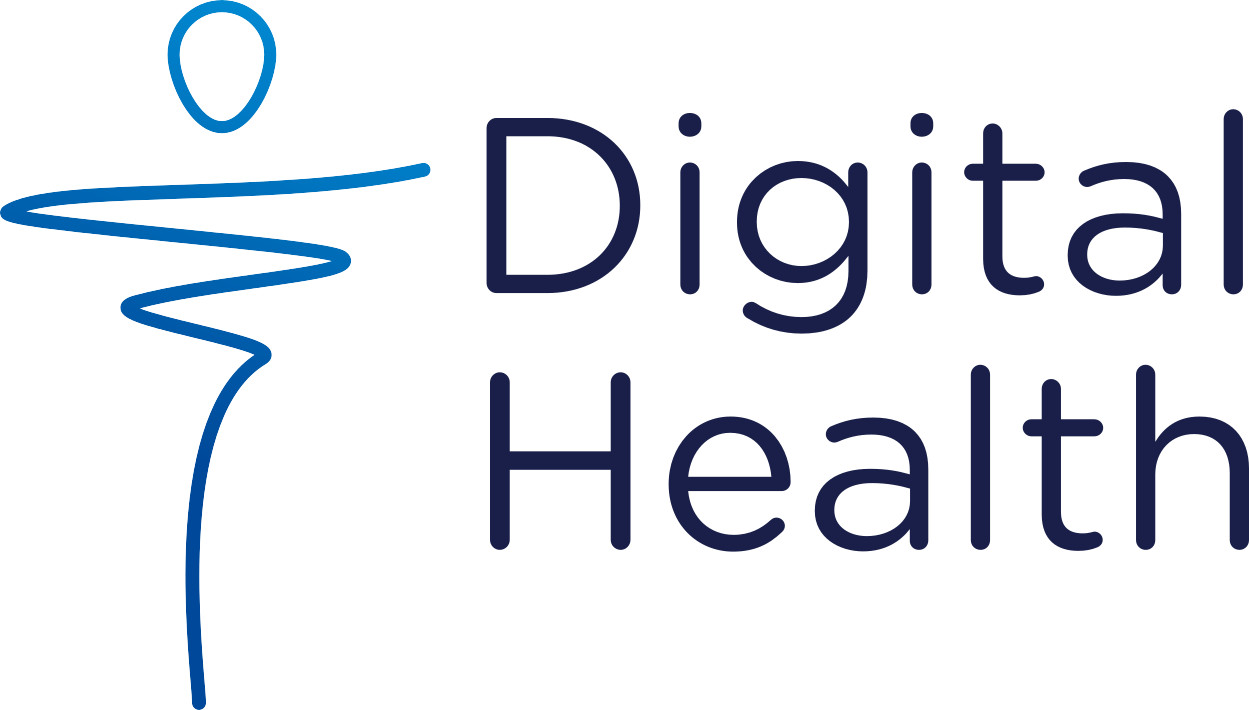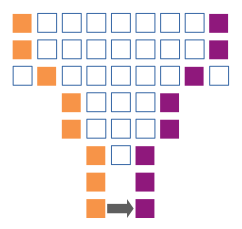Seminar: Explainable Bayesian Rule Mining
Background
The field of knowledge discovery has focused on the extraction of rules created from the frequent association symbols. With the recent introduction of the Bayesian rule mining algorithms, the focus is shifting from measuring relevance based on rule frequency and moving towards the increasing belief concept. Regardless of the rule relevance metric of choice, rule mining poses the secondary challenge of explaining the relevance of extracted symbol associations.
Aim
In this seminar, we will investigate how to transform some of the techniques used to find frequent symbol sets, into finding symbol sets that have the increasing belief property. Specifically, we will explore the use of genetic algorithms to find rules that have increasing belief. By selecting datasets with expert feedback, we will analyse secondary metrics to better explain the extracted rules.
Learning Objectives
- Gain an overview of rule mining frameworks, tools and techniques.
- Explore frameworks for explainable rule mining.
- Understand concepts of data processing, generating process distributions and relationships.
- Analyse data relationships.
- Apply Mining frameworks, and compare frequent rule mining methodologies to Bayesian rule mining methods.
- Create a Bayesian data miner that uses genetic algorithms.
Course Data
| Project type | Seminar (optional: Bachelor or Master thesis) |
| ECTS | 5 |
| Language | English |
| Period | Winter term 2020/21 |
| Presence time | Virtual seminar, working from remote. |
| Useful knowledge | Python, data analytics |
| Work distribution | 40% algorithm development, 30% data analysis and evaluation, 20% consultation, 10% reporting |
| Med. Eng. designation | Advanced Context Recognition (ACR) |
| StudOn link | Please join |
| First meeting | online-introduction-vorbesprechung-of-winter-term-2020-seminars, on 4th November 2020 at 16:15 |
| Registration | Via StudOn, obligatory after introduction. |
Literature
Up-to-date literature recommendations are provided during the lectures.
Examination
- Final project presentation, demonstrator and final report.
Contact
Dr. Luis I. Lopera G.
- Job title: Researcher
- Address:
Henkestraße 91, Haus 7, 1. OG
91052 Erlangen
Germany - Phone number: +49 9131 85-23605
- Email: luis.i.lopera@fau.de


